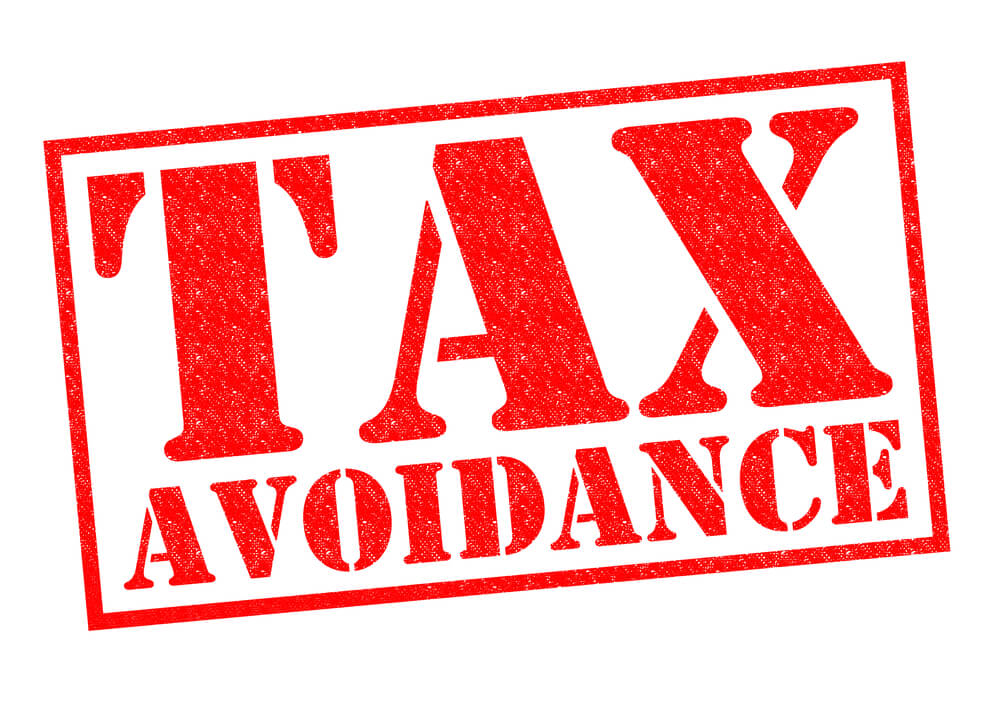
Tax Abuse and Insolvency. Nowhere to Hide for Directors?
Directors and Shareholders to be made personally liable for Company tax? HMRC focus on insolvency regime used to avoid or evade tax
HMRC are exploring new legislation to tackle people who deliberately abuse the insolvency regime to avoid or evade tax liabilities. New legislation could see those people held personally liable for the tax liabilities of a defunct / bust / insolvent company, leaving them nowhere to hide. In this article, we look at HMRC’s discussion document on tax abuse and insolvency, the two key areas it focuses on, and finishes by commenting on the likelihood that this is just one of many areas that HMRC is targeting. HMRC talk about a range of potential people who benefit from the abuse of the insolvency regime, but we will look at the impact on the SME sector where the Directors are quite often the Shareholders also.
Tax Abuse and Insolvency – The Consultation Stage
At the moment, HMRC are in the consultation stage which ends on 20 June 2018. Matt Hardy, Andy Turpin along with the team here at Poppleton & Appleby will be participating in the consultation, details of which can be found by clicking here: Tax Abuse and Insolvency: A Discussion Document.
The consultation document, issued on 18 April 2018, focuses on two main areas particularly where an insolvency process is used to shrug off an accumulated tax liability and a new company is set up by a Director doing the same thing with the same people from the same place, referred to as “phoenixism”.
Whether or not you intend to participate in the consultation yourselves, we’d welcome you to contact us with your own thoughts and input into this process.
-
Tax Avoidance and Evasion – Personal Liability
We have all seen a concerted effort by HMRC to tackle the users of aggressive tax avoidance schemes in recent years. As the discussion document demonstrates, HMRC are looking to expand these efforts to include corporate entities where a Director has sought to use tax avoidance measures to enhance, and then extract, value from a company.
The Liquidator or Administrator already has wide ranging powers to investigate and pursue actions against company Directors which might include the use or consequence of using tax avoidance schemes. However, these actions can carry a high burden of proof, are expensive and are subject to litigation risk.
HMRC are therefore looking at ways to hold the users and beneficiaries of these tax planning schemes personally liable for the tax consequences by “stepping through” the protective veil of the limited company that Directors have been able to hide behind.
-
Repeated Non-payment of Tax
This is perhaps a more common issue we see, in that a company that goes into an insolvency process often has amassed significant levels of debt due to HMRC for a wide variety of tax charges. Whilst Corporation Tax, PAYE and VAT are the most common taxes due, HMRC have made specific mention of Construction Industry Scheme deductions not being paid over.
HMRC are particularly vexed by Directors who use phoenixism to leave large tax debts behind in a defunct company and start up again doing the same thing with the same people and start the process over.
HMRC are actively looking at ways to tackle this problem. In addition to expanding the existing use of security deposit legislation, HMRC are focusing on “those who deliberately abuse the insolvency regime in trying to avoid or evade their tax liabilities, including the use of phoenixism.” At the moment, there is no clear definition of “repeated” non-payment of tax in terms of frequency and quantum.
HMRC’s Position – Looking for More Options to Target Directors for Tax Collection
HMRC are concerned that Directors who use either or both of the above scenarios retain the fruits of tax avoidance and the commercial advantage of repeated non-payment of tax.
HMRC also comment on their status as unsecured creditors in insolvency proceedings, having to share any distributions available with unsecured creditors. For those of us old enough to remember, HMRC used to have a preferential status for certain taxes but the rules changed in 2003. It seems HMRC are looking for more options to collect tax by targeting Directors rather than “wait in the queue” with the rest of the creditors.
Impact for SME businesses
HMRC are clearly looking at several areas to increase the opportunity to collect tax and this is just one of those areas. Although only a discussion document on tax abuse, we anticipate legislation which will result in directors being made personally liable for tax owed at insolvency. In addition, watch out for more articles on this area and other areas under scrutiny by HMRC which will have an impact on SME business and the people that own and operate those businesses.
As insolvency practitioners, the team here at Poppleton & Appleby are here to help and advise businesses facing financial difficulties, turning them around, if possible, and avoiding getting in to situations which will attract the attention of HMRC. Contact us or call us on 0121 200 2962 for a FREE initial consultation.

